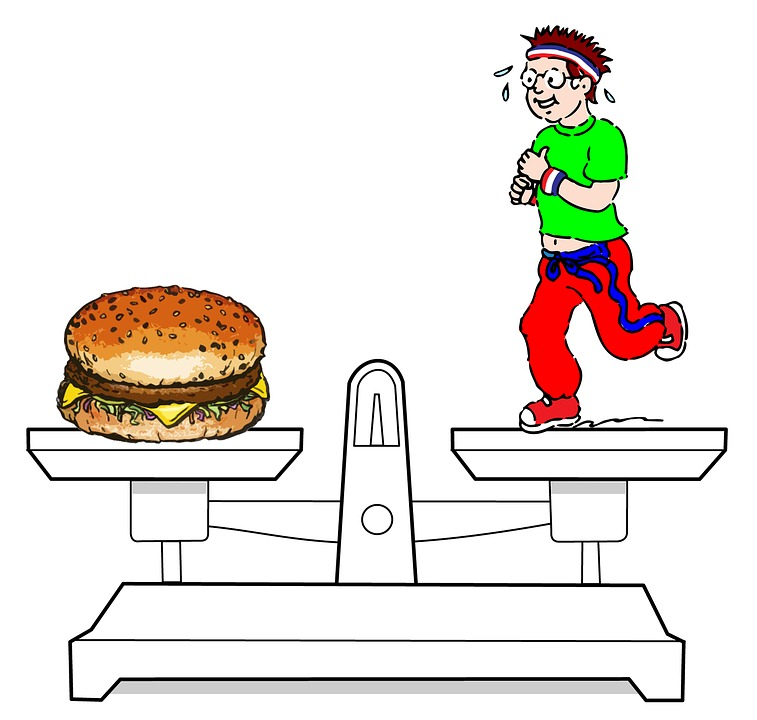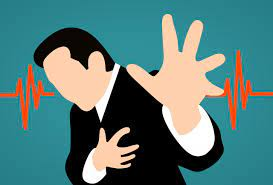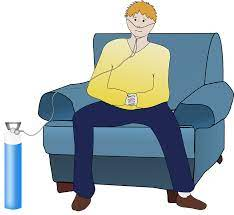The Dangers of Fad Diets
Fad diets, also known as trend or crash diets, are popular weight loss methods that promise quick and easy results. However, these diets are often extreme and can be dangerous for both short and long-term health. In this post, we will examine some of the dangers associated with fad diets and why they should be avoided.
Lack of Nutritional Balance
One of the biggest dangers of fad diets is that they often lack proper nutritional balance. These diets often involve cutting out entire food groups, such as carbohydrates or fats, and replacing them with other foods. This can lead to a lack of essential nutrients, vitamins, and minerals that the body needs to function properly. Over time, this can lead to a range of health problems, including anemia, osteoporosis, and weakness. Additionally, cutting out entire food groups can also lead to food cravings and binge eating, as the body tries to compensate for the lack of nutrients it is receiving.

Weight Gain After the Diet
Another danger of fad diets is that they often result in weight gain once the diet is over. This is because the body adjusts to the extreme changes in the diet and begins to store fat for future use. Additionally, fad diets often involve drastic calorie reduction, which slows down the metabolism and makes it easier for the body to gain weight once the diet is over. This can result in a vicious cycle of yo-yo dieting, where the individual repeatedly loses and gains weight, leading to long-term health problems and a decreased ability to lose weight.

Dehydration and Electrolyte Imbalances
Fad diets can also lead to dehydration and electrolyte imbalances, which can be dangerous, especially for people with underlying health conditions. Many fad diets involve cutting out fluids and limiting fluid intake, which can lead to dehydration. Additionally, these diets often restrict the intake of foods rich in essential electrolytes, such as sodium, potassium, and magnesium, which are important for proper bodily function. Electrolyte imbalances can lead to a range of health problems, including muscle cramps, fatigue, and even heart problems.

Increased Risk of Chronic Diseases
Finally, fad diets can increase the risk of chronic diseases, such as heart disease, type 2 diabetes, and certain types of cancer. These diets often involve the consumption of large amounts of processed and unhealthy foods, which can lead to high levels of inflammation in the body. Over time, this can result in the development of chronic diseases. Additionally, fad diets can also lead to a decreased ability to fight off infections and illnesses, as the body is not getting the essential nutrients it needs to maintain a strong immune system.

Conclusion
In conclusion, fad diets are not a healthy or sustainable way to lose weight. They can lead to a range of health problems, both in the short and long-term. Instead of relying on fad diets, it is important to make gradual and sustainable changes to your diet and lifestyle, and to seek the guidance of a healthcare professional or registered dietitian. By taking a balanced and healthy approach to weight loss, you can achieve your goals in a safe and effective way, while improving your overall health and well-being.
